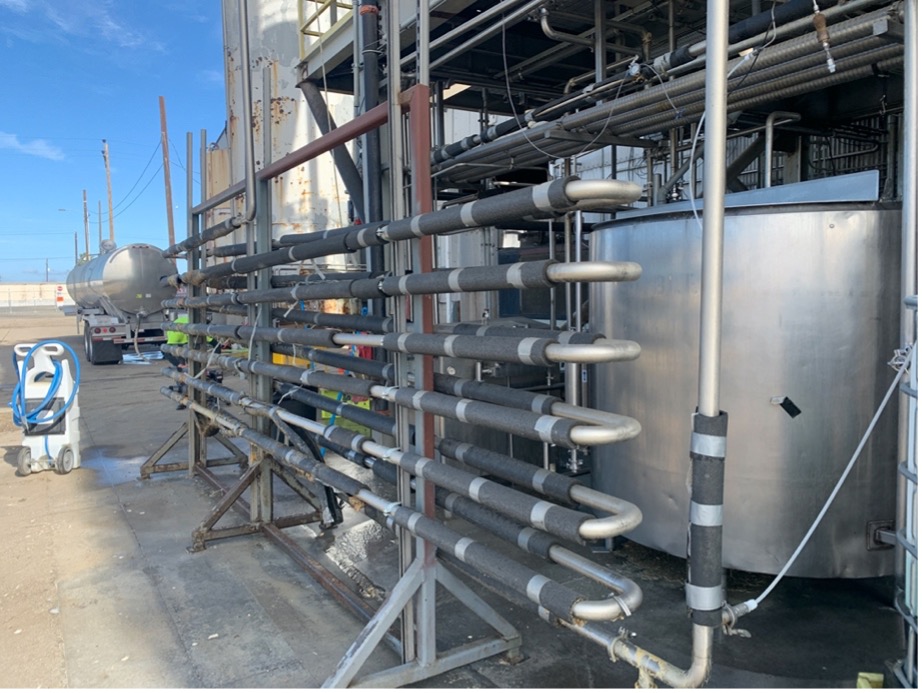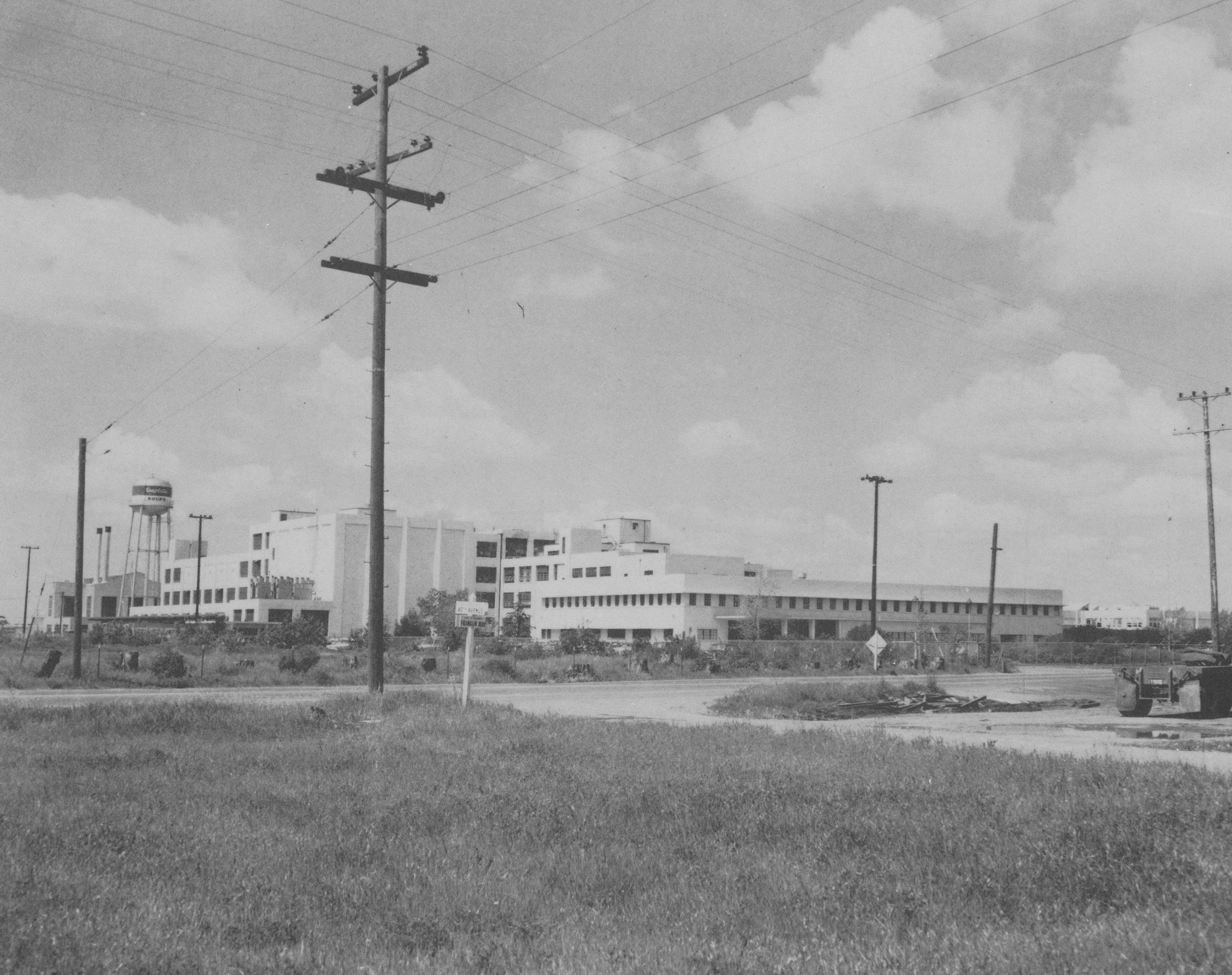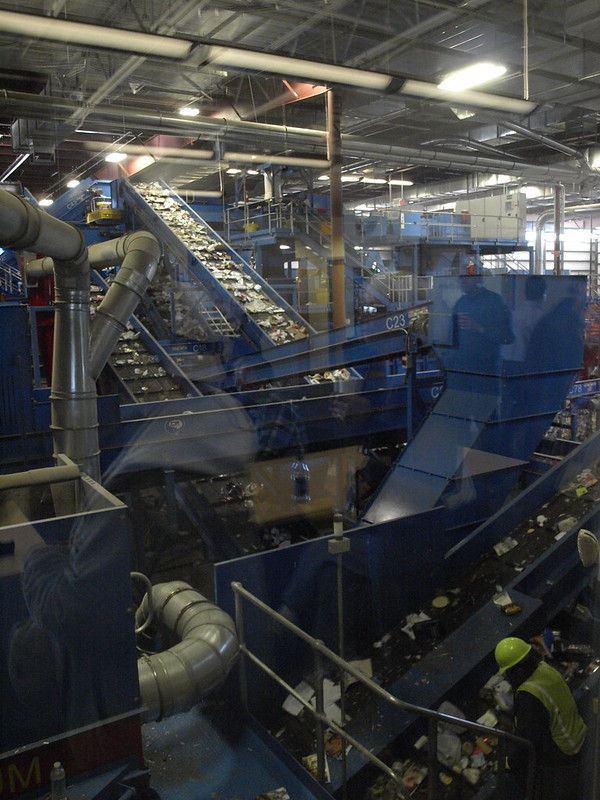Earlier, we reviewed current conditions in the retail propane industry, a commodity-based industry in a mature market place suffering from reduced sales and relatively flat projected growth. With a general understanding of the industry situation, the retail propane equipment appraiser can more easily address the interesting challenges in valuing the 3 standard equipment categories of a typical retail propane company:
- Delivery, transport and service trucks and trailers
- Customer tanks
- Large volume storage tanks
Each of these categories presents its own particular challenges in valuation, from the varieties of obsolescence to the consideration of absorption, or blockage. In this post, we’ll focus on the delivery trucks, saving the propane tank valuation considerations for another day.
Propane Delivery Trucks & Tanks
The majority of equipment to be valued in a retail propane company will be trucks and trailers. Interestingly, the propane tanks mounted on these trucks have a far longer life than the trucks themselves. Consequently, these delivery tanks, often referred to as “barrels” (along with their hose / pump assembly) are generally installed sequentially on several different trucks during the normal life of the barrel. Because of this practice it’s critical that the equipment appraiser collect not only the relevant information (year, make, model, vin, engine type etc) from the truck but also from the barrel. In most cases, you’ll find that a barrel will be quite a bit older than the truck it is mounted on.
In the past, this practice of reusing and reinstalling older barrels on newer trucks resulted in an active and fairly standardized resale market for propane delivery trucks with tanks. More recently, however,with the industry trend toward larger capacity tanks, the used propane delivery truck market has changed. Some resellers, citing reduced general demand for trucks with less than 3,000 gallon capacity, refuse to accept these lower capacity trucks as trade-ins. On the other hand, recent price increases in new trucks has supported demand for older smaller delivery trucks from more budget-sensitive smaller independent propane retailers. Again, the equipment appraiser must consider all the aspects of market demand: while the propane truck market is a national one, local and regional market forces must also be considered.
Another aspect of market forces is government regulation of delivery truck maintenance. Because of the volatile nature of liquid propane gas, many states require that any commercial vehicle transporting propane be serviced every 90 days. To ensure compliance with these service regulations, states often send inspectors out periodically to review delivery truck maintenance files. Equipment appraisers of retail propane companies will find it good practice to be aware of maintenance regulations in the area and to examine several vehicle service files at each location to see if regular service is being conducted as required. Calling third party vendors that conduct the company’s 90-day services on the fleet may also a good idea.
Considering Obsolescence Factors in Propane Trucks & Barrels
A professional equipment appraisal must consider 3 types of depreciation: physical, functional, and economic. Physical depreciation is complicated by the practice of moving older reconditioned barrels on to new trucks. Hence the need to collect identifying data from both the truck and the propane tank assembly. Functional obsolescence must be considered in light of the preference for trucks with larger barrels. Economic obsolescence is perhaps the most pertinent for propane industry equipment, particularly at this time in California, due to current diesel emission regulations.
California Air Resources Board (CARB) Diesel Risk Reduction Plan (RRP) requires specified emission filters for certain vehicles, based on various factors, one of which is vehicle weight. And although the base chassis weight of a standard propane delivery truck is below the weight cut-off for compliance, the addition of the propane tank assembly mounted on the trucks brings the gross vehicle weight over the compliance weight. As a result, many propane retailers in California have been liquidating their older fleet over the past several years and many others — those that qualified for the CARB phase-in program when it was being offered— continue to do so.
How does this information fit into the valuation of propane delivery trucks? So far, all indications support the conclusion that the current national market has assimilated the economic obsolescence information regarding the CARB RRP. In other words, both economic obsolescence and functional obsolescence, along with other information and forms of depreciation, are innately factored into the marketplace. The premise — that the assimilation of regulatory information is reflected in marketplace data — is supported by the lack of consensus among dealers regarding the financial weight of the regulations in the marketplace.
This, of course, supposes that an equipment appraiser would rely on Sales Comparison Approach to arrive at values on the trucks and trailers. There is rarely a reason to use another approach, although, of course, all three approaches to value must be considered. As there is an active market for the equipment, Sales Comparison data is plentiful and dependable. When considering Cost Approach, an equipment appraiser would probably realize that due to the practice of retrofitting trucks with older delivery tank assemblies, it would be hard, if not impossible, to collect data of a good enough quality to be able to come to a reliable opinion of value.
One other aspect of this particular economic obsolescence factor that may need to be considered by a California equipment appraiser is the cost to retrofit targeted diesel vehicles that do not currently comply with CARB regulations.
As you can see, arriving at a conclusion of value for propane delivery trucks and barrels isn’t a straightforward or simple process, but by clearly defining the scope of work for the equipment appraisal, paying attention to details, collecting good data and doing the necessary research, an equipment appraiser can be confident that the values presented in the appraisal report will be defensible and appropriate to the purpose of the equipment appraisal.




